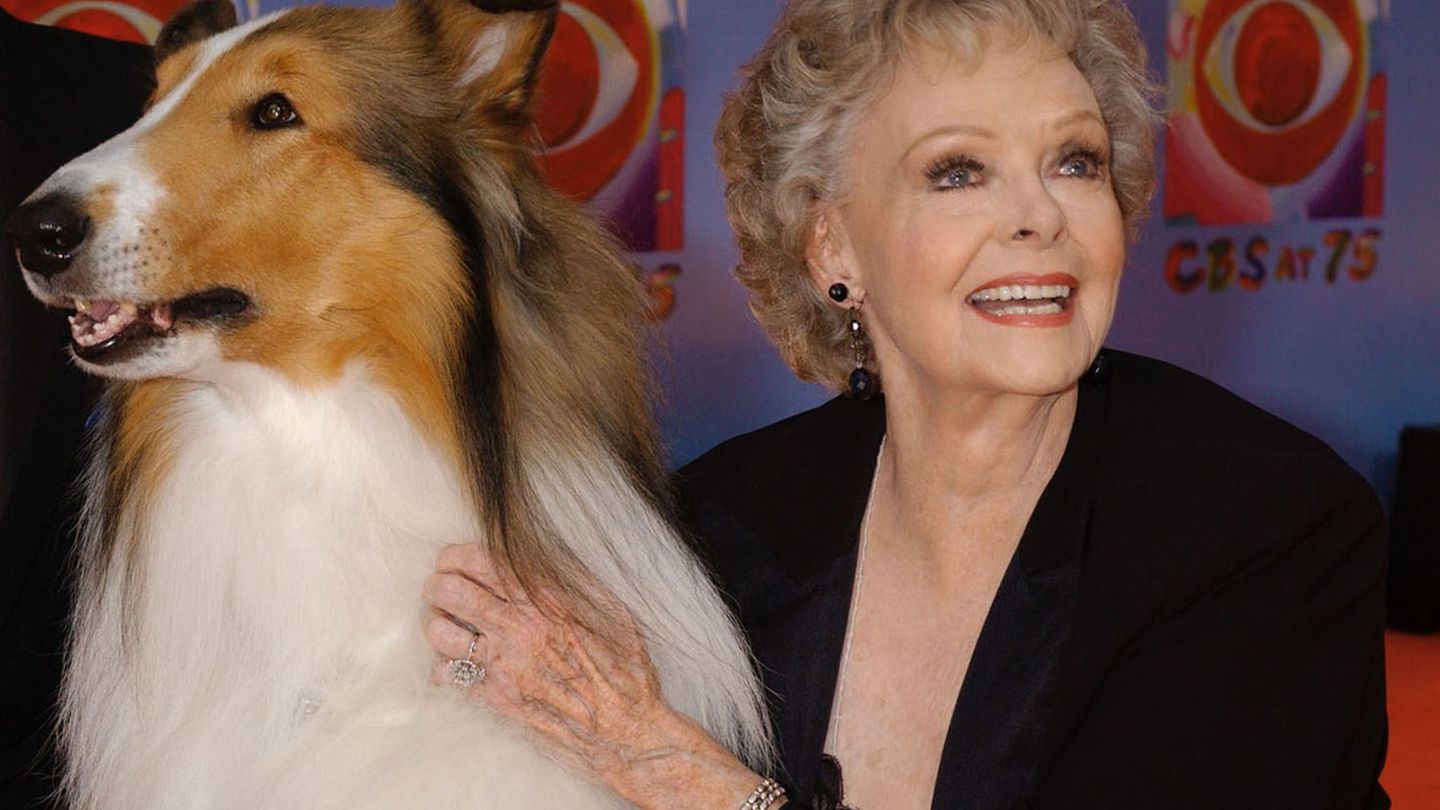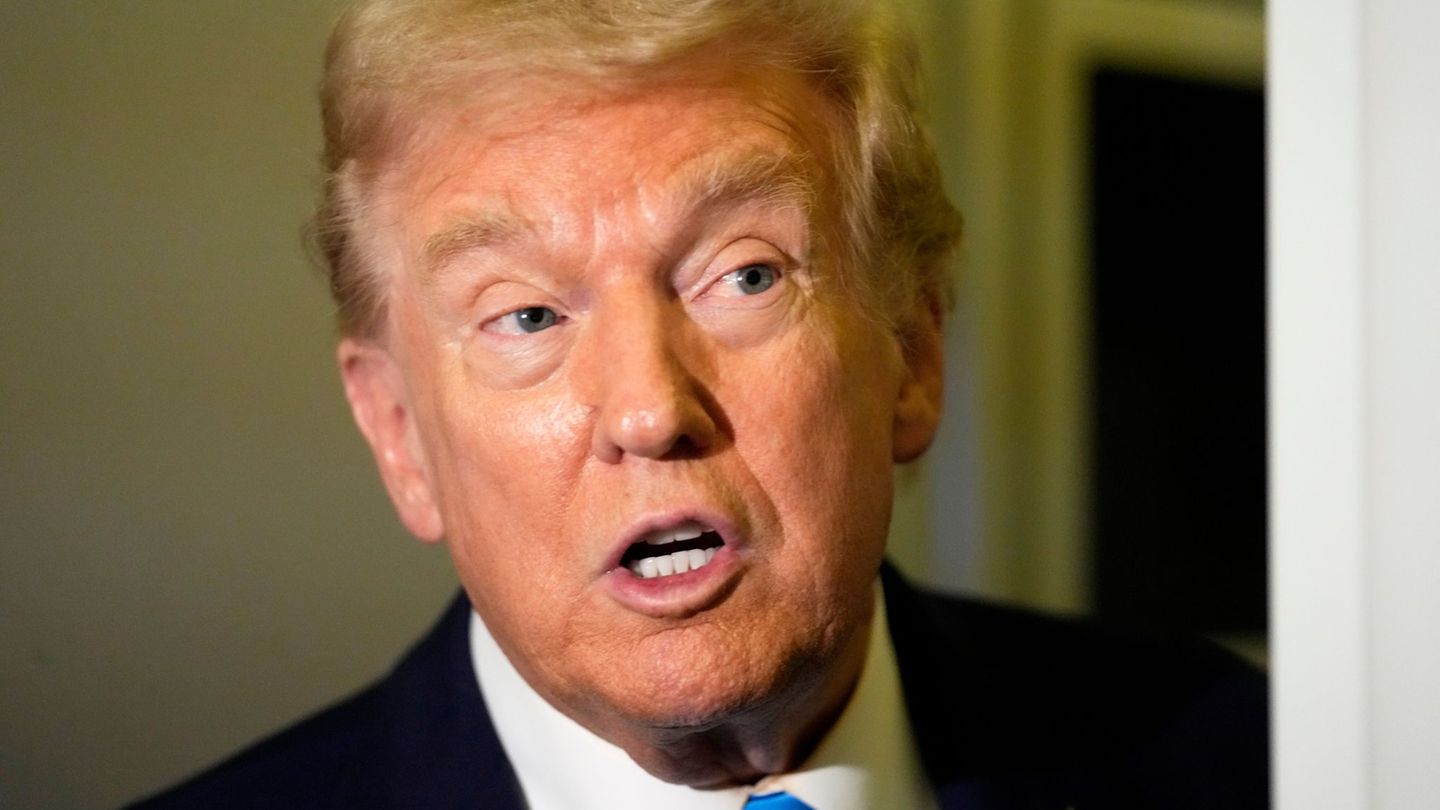Image: APA/AFP/LUDOVIC MARIN
“We should consider returning to the previous system, in which national parliaments send their representatives to the European Parliament instead of holding direct elections,” said Orbán in a conversation with former Chancellor Wolfgang Schüssel (ÖVP), which the “Presse am Sonntag” reported. published. Schüssel left Orbán’s statement unchallenged.
“One of the reasons for our weakness is that the European Parliament is not functioning today. It is a madhouse,” said Orbán, justifying his proposal. The European Parliament has been elected by direct popular vote since 1979 and is the only EU institution with corresponding direct democratic legitimacy. The 720 EU representatives, who will be newly elected at the beginning of June, will decide on European laws together with representatives of the 27 EU governments. While Orbán regularly tries to play the veto card among EU governments, the 13 EU MPs from his right-wing conservative Fidesz party are marginalized in the European Parliament. Since leaving the European People’s Party (EPP), they have unsuccessfully sought to join one of the three Eurosceptic or right-wing populist factions.
In his conversation with Schüssel, Orbán advocated that the “initiative” in the European Union should come from the member states, “which means that the Council should be more active, more decisive and more willing to take political measures.” The EU Commission should also “recognize that it is a body run by the member states, represented by the Council, and not a political one,” said Orbán, whose country will hold the presidency of the EU Council in the second half of the year.
EU enlargement through Balkan countries “top priority”
When asked about the priorities of the Hungarian Presidency, Orbán called EU enlargement to include the Western Balkans as “our top priority.” “If we don’t integrate Serbia as quickly as possible, we will lose it. Serbia has other options. It has just concluded a free trade agreement with China.” Hungary will also work to improve the EU’s competitiveness. On Ukraine, he said: “We will do our best to at least reach a ceasefire and create a situation in which we can negotiate.”
In this regard, Orbán presented his well-known positions. The Hungarian Prime Minister forbade a comparison made by Schüssel with the Hungarian uprising of 1956. “They are not defending Europe, in contrast to Hungary back then. Ukraine does not offer us Europeans any additional security, because “Most of us are already members of NATO, which is much stronger than Russia. There is no danger of Russia attacking a NATO member,” Orbán said.
“Russia will never accept an EU and NATO member like Ukraine on its doorstep. Never,” said the Hungarian head of government. In this regard, he sees the train for Kiev having already left the country for 16 years. Until 2008, Russia was too weak to block NATO expansion towards Ukraine. “However, this opportunity was not taken at the NATO summit in Bucharest. We failed to successfully conclude the accession negotiations with Ukraine and Georgia, thereby losing Ukraine’s prospects as a future member of the European Union and NATO.” Today, “the best perspective” for Ukraine is to form a “buffer zone between Russia and the West.” “If that doesn’t succeed, Ukraine will lose its country. The Russians will destroy Ukraine again and again and again,” said Orbán, who apparently cannot imagine that the aggressor state Russia can regain its old weakness.
- The conversation, excerpted by “Presse am Sonntag”, took place for the new English-language debate magazine “European Voices”, which will be published for the first time on Thursday. As the report in “Presse am Sonntag” states, the first issue of the quarterly magazine contains, among others, contributions from sociologist Ivan Krastev, Estonian Prime Minister Kaja Kallas, writer Ilija Trojanow, political scientist Nathalie Tocci and the former president of the European Investment Bank ( EIB), Werner Hoyer.
My themes
For your saved topics were
new articles found.

info By clicking on the icon you can add the keyword to your topics.
info
By clicking on the icon you open your “my topics” page. They have of 15 keywords saved and would have to remove keywords.
info By clicking on the icon you can remove the keyword from your topics.
Add the topic to your topics.
Source: Nachrichten




